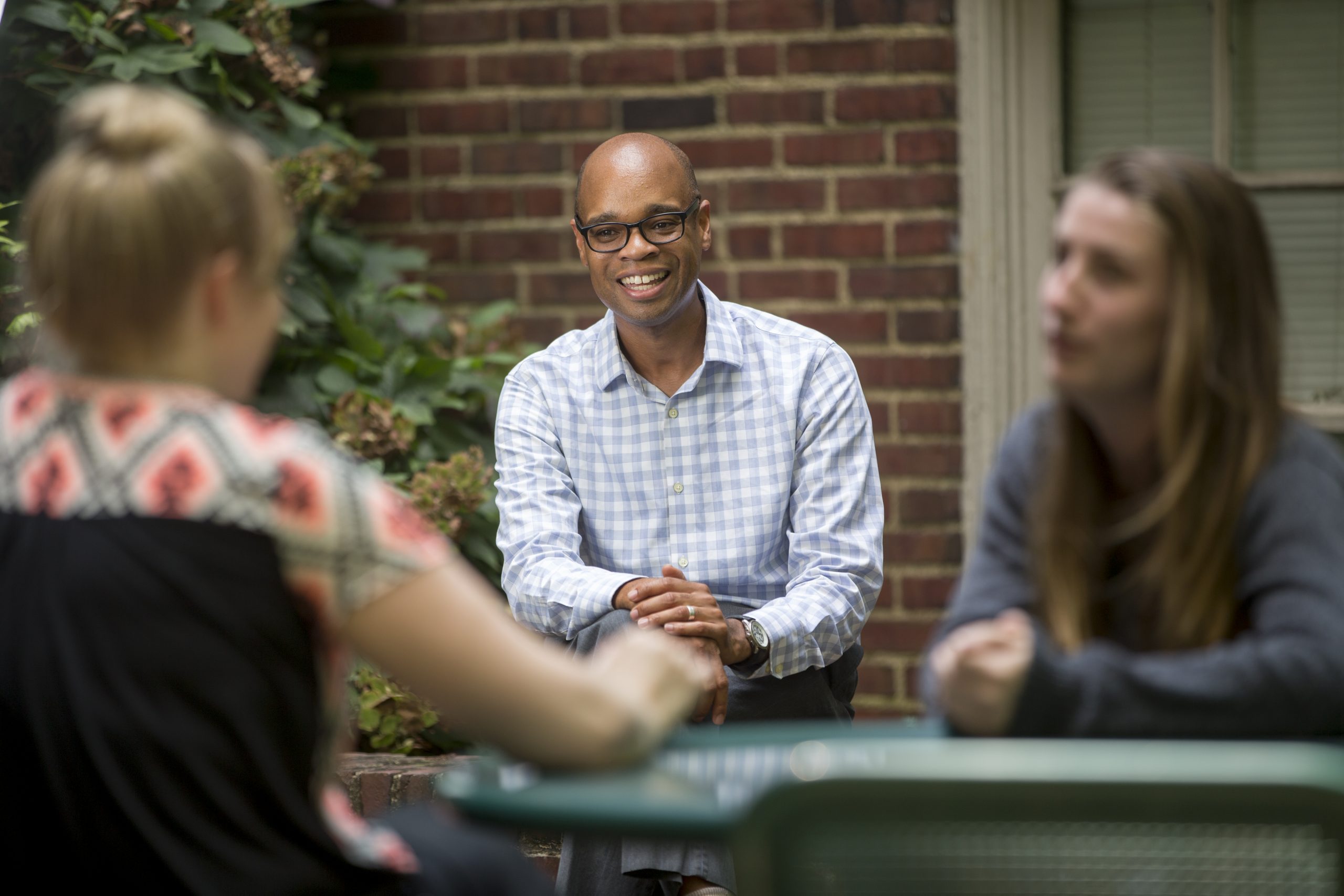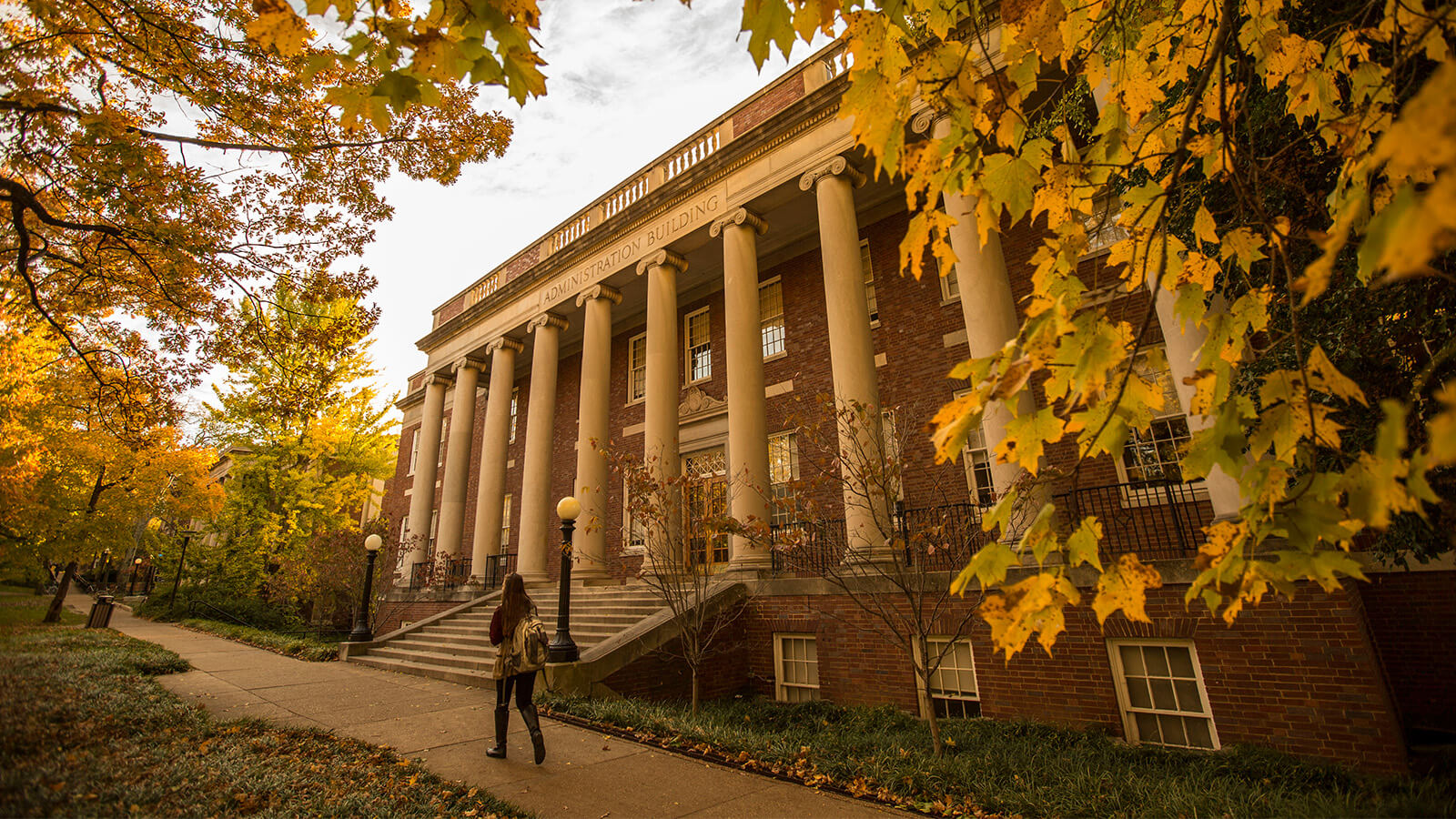Quick links
If you are interested in the cognitive processes that underlie thinking and behavior in everyday settings, this program may be the right fit for you. If you are thinking of pursuing doctoral studies in cognitive science, you can get relevant research experience to strengthen your future application. You will also acquire hands-on experience designing research, managing and analyzing data that you can use for your future industry career.

Cognitive Psychology Program Overview
With our intensive Masters in Cognitive Psychology, students study mental processes in everyday contexts. This provides a unique flexibility in working toward future career paths. This program provides educational and research experiences for students who are interested in applying to Ph.D. level programs in the future, as well as students interested in working in the psychology industry and related applied settings.
Students in our Cognitive Psychology program attend courses and graduate seminars in cognition, cognitive development, data management and quantitative methods, and related areas of study. A major part of the cognitive psychology program curriculum is work in a lab under the supervision of one of our faculty members. Many of our faculty combine research on basic cognition and psychology processes with an interest in how cognition supports real-world performance and learning. Faculty research focus-areas include language, learning, neuroscience, visual cognition and learning, representation, the cognitive and brain bases of math learning, social cognition and emotion, learning in media and technological settings, machine learning and cognition in the arts.
Explore how to use research design and data analysis for the social good with our digital guidebook.
M.S. in Cognitive Psychology Program Facts
Program Director: Maria Osina
Admissions Coordinator: Ally Jacobs
Admission Term: Fall
Credit Hours: 36
Application Dates
-
Application Deadline 1
Jan 3, 2024
-
Application Deadline 2
Feb 3, 2024
-
Rolling Admissions
After Feb 3, 2024*
*We will continue to accept applications after Feb 3, but applications will be evaluated for admission and scholarships as space and funds are available.
Cognitive Psychology Masters Program Curriculum
The 36-hour cognitive psychology program includes courses and graduate seminars in cognition, cognitive development, data management and quantitative methods, and related areas of study. Although most students will complete a thesis, the program includes an option to replace the thesis with a capstone project and presentation. The capstone option may be particularly well-suited for students who wish to pursue industry employment after graduation.
Our faculty use experiment-based behavioral and brain-based methodologies to reveal the cognitive processes that underlie thinking and behavior in everyday settings. Many of our faculty combine research on basic cognitive processes with an interest in how cognition supports real-world performance and learning.
Faculty research strengths include language, learning, neuroscience, visual cognition and learning, representation, the cognitive and brain bases of math learning, social cognition and emotion, learning in media and technological settings, and cognition in the arts.
For a detailed list of program structure and coursework, view the program structure here.
